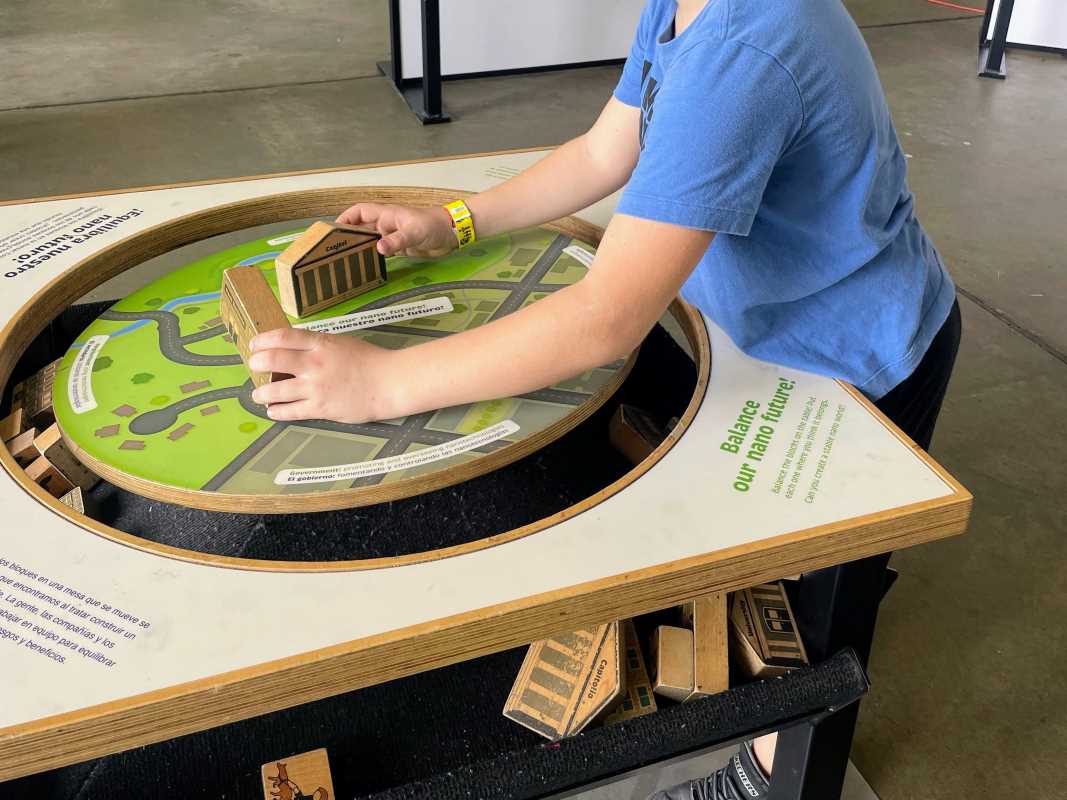Taking effective notes is a crucial skill that can enhance your productivity and help you retain important information. Mastering the art of note-taking involves more than just jotting down words; it requires organization, active listening, and critical thinking. By implementing proper note-taking techniques, you can improve your learning experience and boost your academic or professional success.
Effective note-taking starts with active listening. Pay attention to key points, main ideas, and important details during lectures, meetings, or while reading. Engage with the material and focus on capturing essential information rather than transcribing everything word for word. By listening actively, you can identify the most critical concepts to note down.
Organizing your notes is another vital aspect of mastering effective note-taking. Use headings, bullet points, numbering, and outlines to structure your notes logically. Create a system that works best for you, whether it's the Cornell method, mind mapping, or a simple linear format. Organized notes make it easier to review information later and connect ideas effectively.
Additionally, remember to review and revise your notes regularly. This practice helps reinforce your learning and ensures that the information stays fresh in your mind. Take the time to clarify any unclear points, fill in missing details, and consolidate your understanding. Regular review also helps you prepare for exams, presentations, or projects.
Utilize different tools and techniques to enhance your note-taking skills. Experiment with color-coding, using highlighters, sticky notes, or digital apps to make your notes more visually engaging and memorable. Find what works best for you and adapt your approach to suit your learning style and preferences.
Moreover, practicing active summarization is a valuable skill when taking notes. Summarize key points, main ideas, and relevant details in your own words to deepen your understanding and retention of the material. This technique not only reinforces your learning but also helps you distill complex information into concise, manageable chunks.
Lastly, seek feedback from peers, instructors, or colleagues on your note-taking skills. Constructive feedback can provide valuable insights and help you identify areas for improvement. Consider joining study groups or workshops to share note-taking strategies and learn from others' techniques.
In conclusion, mastering the art of effective note-taking is a skill that can benefit you in various aspects of your academic and professional life. By actively listening, organizing your notes, regularly reviewing them, utilizing different tools and techniques, practicing active summarization, and seeking feedback, you can elevate your note-taking abilities and enhance your learning outcomes. Start implementing these strategies today to become a more efficient and successful note-taker.
 (Image via
(Image via




